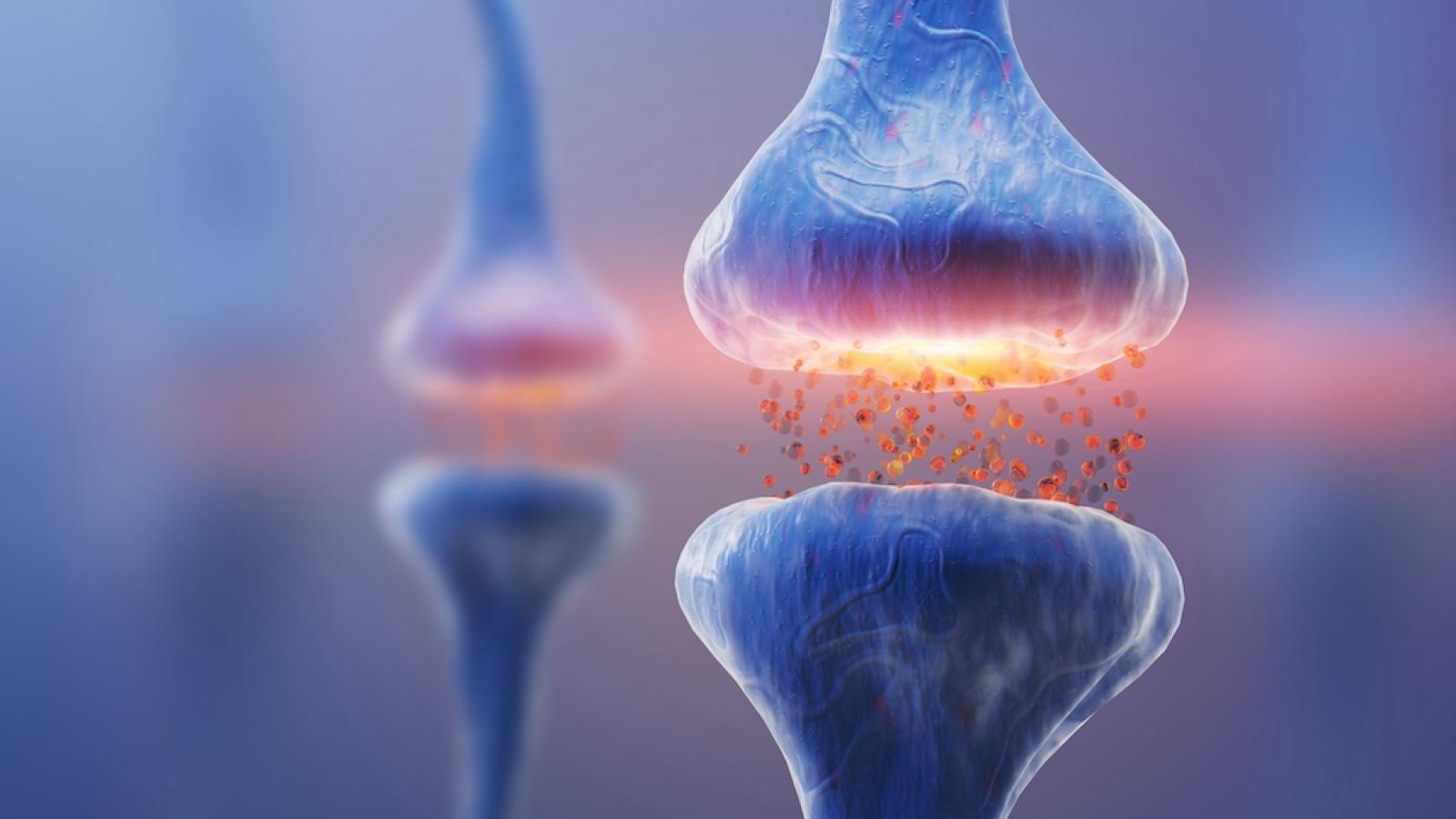A new study led by Dr Sam Barnes and Dr Carola Radulescu (UK DRI at Imperial) uncovers insight into the mechanisms underlying age-linked cognitive decline. The study, published in Nature Neuroscience, could unlock new potential therapeutic targets.
What was the challenge?
The brain has ways of keeping neural activity at healthy levels - not too high or too low. This is called ‘neuronal homeostasis’. As we age, these balancing mechanisms may become less effective potentially contributing to an abnormal increase in electrical activity in neurons in the brain. The team investigated these processes, aiming to understand why neuronal hyperactivity may occur in ageing brains.
What did the team do and what did they find?
The researchers looked at what happened in the visual cortex of a mouse brain when vision is overstimulated for a period of time, comparing young adult animals to older animals.
Our work suggests that ageing dysregulates the homeostatic processes controlling neuronal activity levels, and that this in turn may have consequences for cognition.Dr Sam BarnesGroup Leader at the UK DRI at Imperial
They found that in the young adult brain, two things happen to restore activity to normal levels. First the connections between excitatory neurons – synapses – get weaker, so that less excitation happens, and secondly, more inhibitory synaptic inputs to excitatory neurons are created, which dampens and reduces the overall neuronal activity.
Conversely in the older brain, those balancing mechanisms don't work as well. The synapses get stronger instead of weaker, increasing overall excitation, and not enough new inhibitory synapses are made. Therefore, sensory overstimulation led to sustained high activity in the visual cortex and was linked to impaired performance in a cognitive task. Interestingly, boosting plasticity with pharmacology protected against the negative impact of overstimulation in aged animals.
What is the impact of these findings?
The study shows that normal processes that regulate neuronal excitation become less effective with age. This failure to maintain neuronal homeostasis may contribute to age-related cognitive decline but could be protected against by using certain pharmacological interventions.
Dr Barnes explained:
‘Our work suggests that ageing dysregulates the homeostatic processes controlling neuronal activity levels, and that this in turn may have consequences for cognition. Interestingly, it seems possible to boost plasticity processes in later life with certain drugs, which may increase the resilience of the aged brain to cognitive decline.’
To find out more about Dr Sam Barnes’ work, visit his UK DRI profile. To keep up to date with the latest UK DRI news and events, sign up to receive our monthly newsletter.
Reference: Radulescu, C.I., Doostdar, N., Zabouri, N. et al. Age-related dysregulation of homeostatic control in neuronal microcircuits. Nat Neurosci (2023). https://doi.org/10.1038/s41593-023-01451-z
Article published: 14 December 2023
Banner image: Shutterstock/KateStudio
